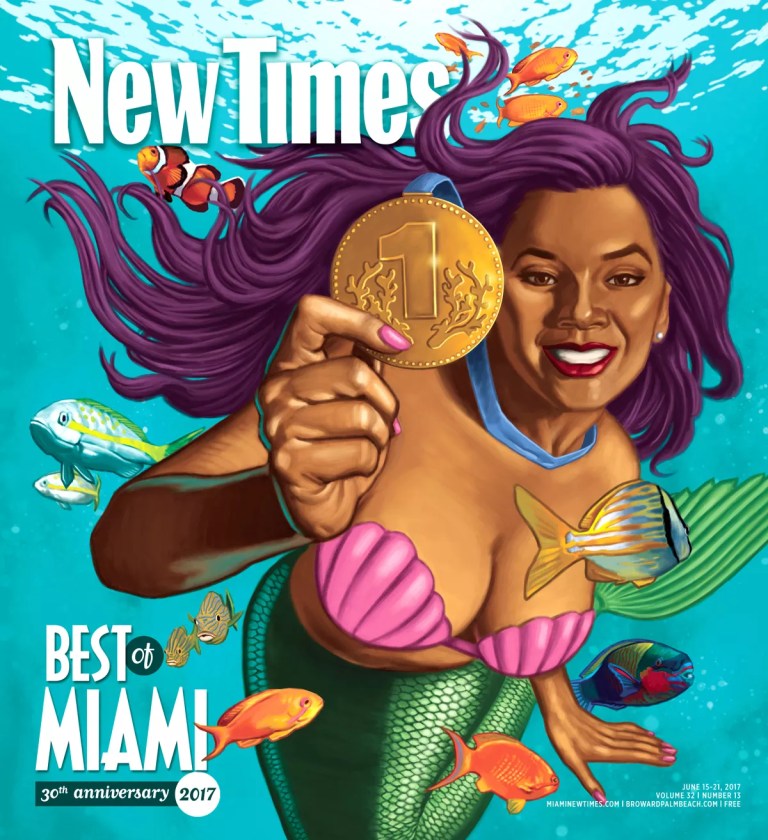Best Local Boy Gone Bad
Reince Priebus
He looks so sincerely happy in the mid-’90s yearbook photos: shirtless and slathered in orange and green paint at an Orange Bowl tailgate, visiting lonely old folks at a retirement home, building a Habitat for Humanity house with his fellow University of Miami law school classmates. Reince Priebus was a brilliant, well-liked student during his three years in Coral Gables before graduating cum laude in 1998. He was elected president of the Student Bar Association, helped edit the Law Review, and even played shortstop on Oral Proposition, their cheekily named softball team. In other words, he’s not the kind of kid you’d have expected to help usher fascism into America. Yet there he is today, ever-present in the shadow of Donald Trump. As White House chief of staff, he has overseen the xenophobic Muslim ban, stood behind the Russian-aided election hacking, and silently cheered the catastrophic Trumpcare plan. Where has our old, carefree Reince gone? Someone get Priebus some Canes face paint, stat.

